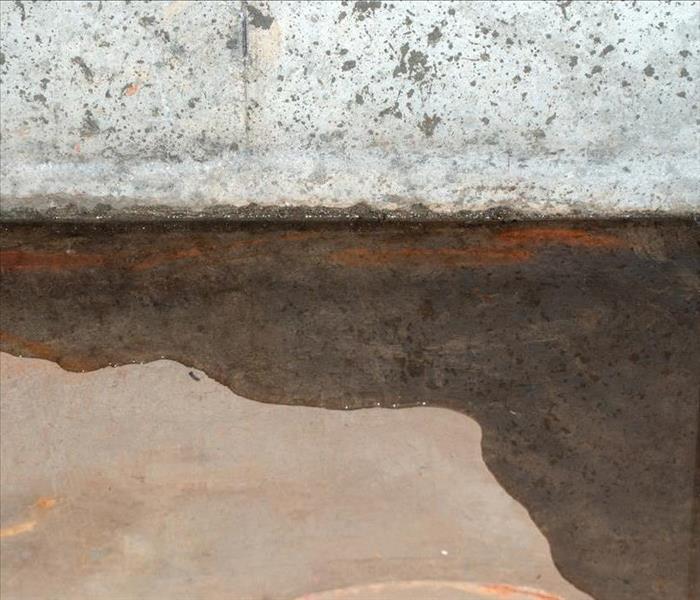What Causes a Basement Flood?
11/15/2021 (Permalink)
 Detecting the cause of your basement flood is the most effective way to protect your Kaysville, UT property.
Detecting the cause of your basement flood is the most effective way to protect your Kaysville, UT property.
One of the worst nightmares for a homeowner is a basement flood, resulting in inquiries about flood prevention to water mitigation specialists in Kaysville, UT. Unfortunately, before you can look into preventatives, you need to understand the most common causes of flooding in your basement, including:
- Location
- Drainage installation
- Sealant processes
- Eaves and gutter maintenance
This is not an exhaustive list, but it is good enough for a start. Only after understanding each of these issues can you begin to understand the preventative steps you need to take to protect your property.
5 Primary Reasons a Basement Flood
When considering water damage and flooded basements, it is easy to wonder why your house is prone to such issues. A house that routinely floods likely has one or more characteristics in common with similar homes. Primarily, there are five common causes of routine basement flooding.
1. Location
A basement that floods often is typically the result of an unsuitable location. Most construction specialists recommend building properties on sloped sites to prevent flooding, allowing water to flow away from the home’s foundation. Unfortunately, if your home is built on a low-lying site, it will likely be prone to floods.
To avoid perpetual flooding, you will need to install an effective drainage system. Always hire a licensed plumber for such installations.
2. Improper Drainage System Installation
Drainage systems, like sewers and downspouts, require proper installation to be most effective. When homeowners choose DIY methods, equipment is typically incorrectly or inadequately installed, often resulting in the problems such installations are meant to prevent. Therefore, always work with a professional.
3. Poor Wall and Flooring Sealant
Every home with a basement goes through a process to seal it against groundwater and rains. Unfortunately, not all sealing methods are as effective as others, resulting in routine flooding. If you find that your basement is often flooded after significant rains, consider having the sealing inspected. A professional plumber can help you identify any issues and can provide potential solutions.
4. Clogged Eaves
One thing many homeowners do not consider is that clogged eaves can lead to flooding in the basement. When the eaves are blocked, the rainwater can not make its way to downspouts, and it ends up pouring over the side of the troughs, running down the sides of the house and along the foundation. If enough water collects near the foundation, you can experience flooding.
5. Blocked Gutters
As with eaves, blocked gutters can also lead to flooding in your basement. If blocked downspouts do not allow water to flow freely, the water backs up, seeping out of connection joints and pouring onto the ground near the foundation. When enough water collects, or after enough time passes, the water will make its way inside.
No homeowner wants to deal with a basement flood. It is a costly problem, and it can result in the loss of property and items with sentimental value. While the above causes are not an extensive list of flooding issues, they are the most common and provide homeowners with insight into potential solutions.





 24/7 Emergency Service
24/7 Emergency Service